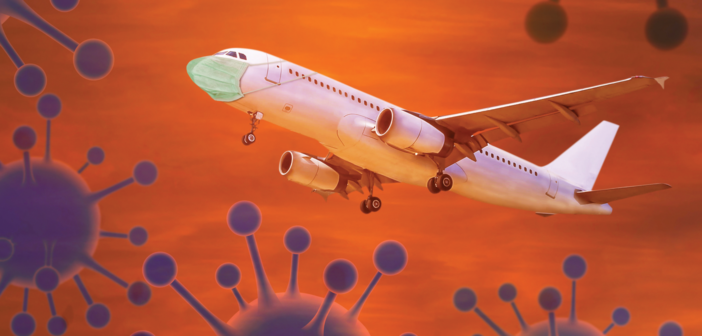The recovery in air travel following the COVID-19 shutdowns has stalled and remains at about 40% of 2020 levels. Corporations such as General Motors have extended work-from-home until at least 2021 and could likely extend it after that until the coronavirus vaccine is widely distributed, namely until the second-half of 2021. Working from home likely curtails business travel, as well. While it is just over 10% of air travel, business travel represents about 75% of airline revenue. Business travelers are more likely to book expensive, premium seating in the first class cabin. The cost of a first class ticket is at least double that of an economy class ticket for domestic travel and can be ten times as expensive for international travel. Since this class of service does not represent a proportional increase in airline costs, these higher prices represent a significant proportion of airline profits. Business travelers are also less price sensitive than vacationers, since they have less flexibility when or where they travel to and are not paying the cost of travel out of their own pockets.
Corporations might determine meetings can be done remotely on a permanent basis and save the $150 billion annually that is spent on business travel. If this happens, airlines cannot be profitable. Almost all of an airline’s cost is in getting the plane in the air – costs such as fuel, the pilot and crew, maintenance and so forth. The cost of a flight is roughly unchanged whether the plane is half empty versus completely full. Thus, costs are not reduced if a passenger chooses not to fly. To break even, a typical flight needs to run at 75% capacity. Airlines simply cannot be profitable running at 40% capacity as they are now, especially if their lost passengers are their more profitable ones.
Vacationers are changing their travel habits, too. Road travel is only down by 12% compared to last year and Airbnb bookings are up 25% in rural areas as vacationers substitute road trips for flying. Part of this is due to safety concerns (being in close proximity to others on a plane), as well as being stranded in the event the traveler comes down with a COVID-like symptom. What do you do if you are denied boarding because your temperature is too high?
Consolidation in the industry is a likely outcome, which has occurred in every recession. During the Great Recession, Delta merged with Northwest and United Airlines with Continental. If current passenger levels are the new normal, a quick approximation indicates consolidation that reduces the number of airlines and flights by half would return airlines to profitability. This would mean fewer routes and cities losing their hub status, which is what happened in Memphis and Cleveland after the aforementioned mergers. The airline industry is asking for another $25 billion from Congress to postpone widespread layoffs. If COVID-19 represents a permanent change in travel habits, additional aid to the industry will just delay the inevitable.
Soonthorn / stock.adobe.com














